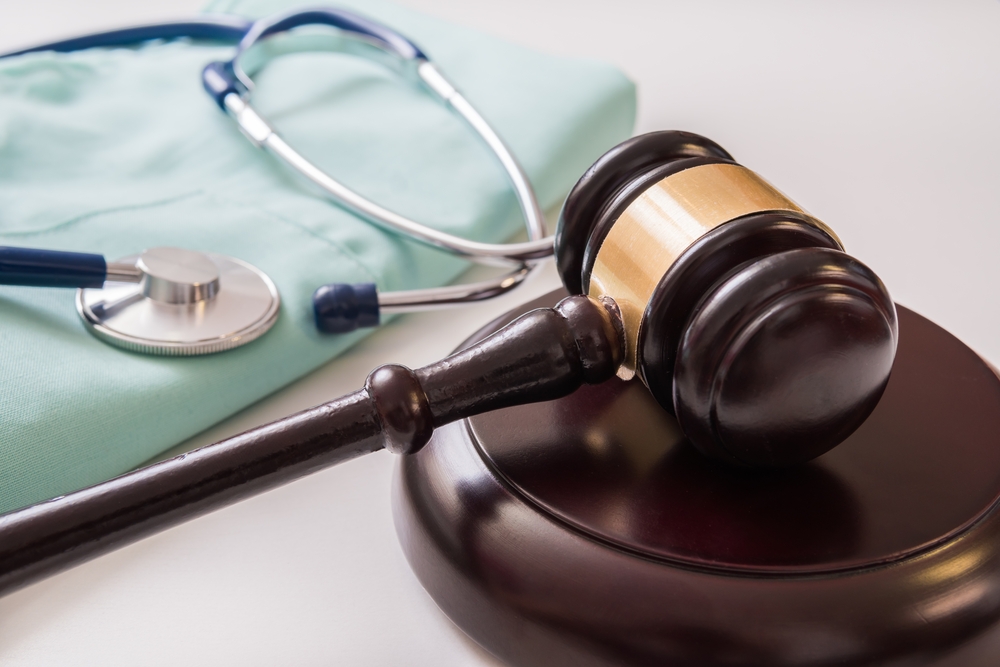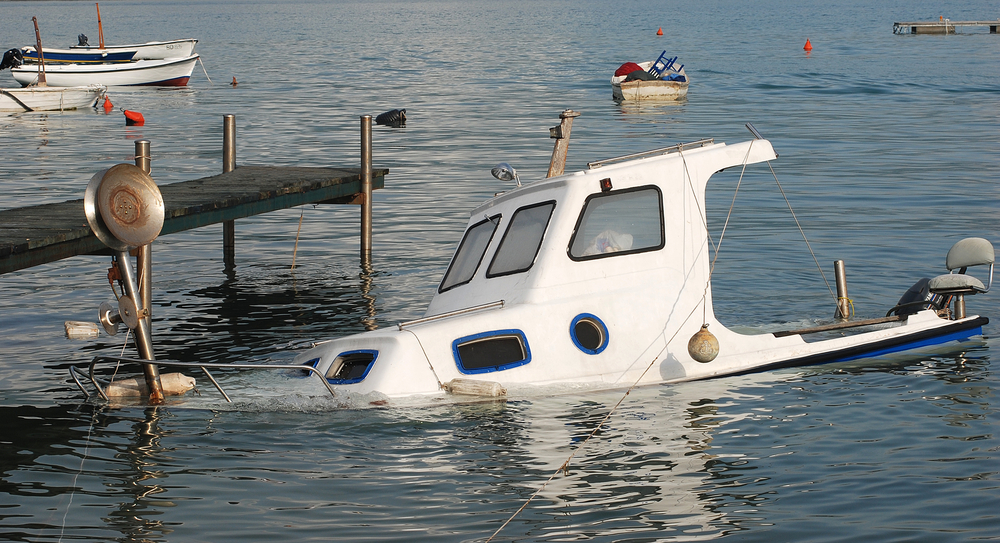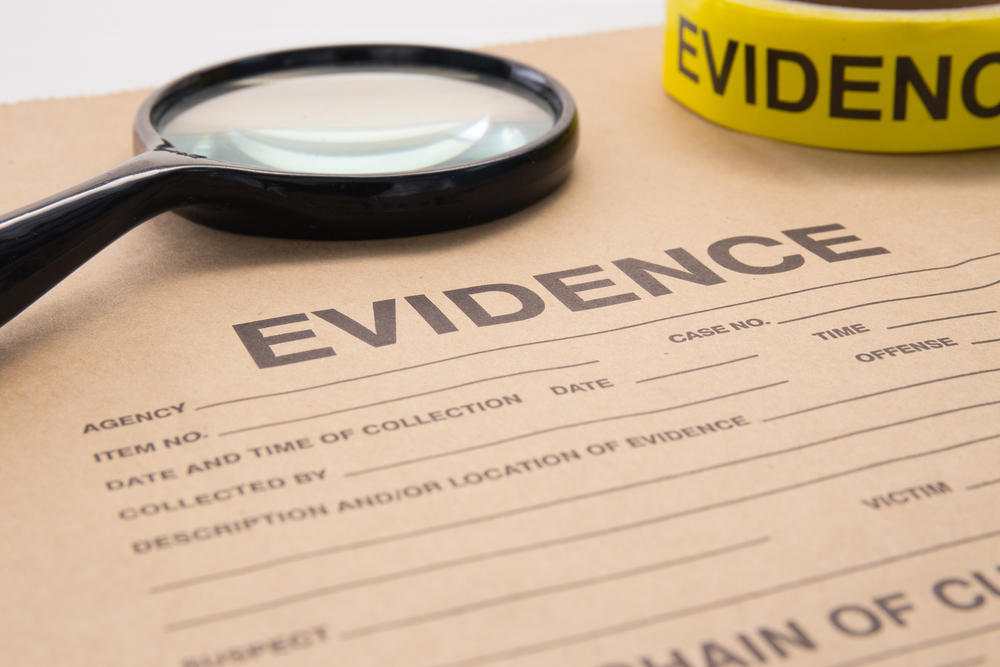If you’ve suffered a personal injury in Florida due to a boating accident, you might wonder about your legal options for compensation. Can you sue the boat driver? Yes, you can. Boating accidents can lead to severe injuries, and like any other personal injury case, victims have the right to seek compensation for their damages.
The following is a look at some reasons a boat driver may cause an accident leading to a personal injury. You’ll also learn how a skilled boat accident attorney in Tampa will investigate the accident and negotiate with the boat driver’s insurance company to help you obtain maximum compensation.
Common Causes of Boating Accidents

Florida is a haven for boating enthusiasts. From the tranquil rivers to the expansive Gulf of Mexico and the Atlantic Ocean, our state offers nearly endless opportunities for recreational boating.
But when a boat driver operates their vessel negligently, that can lead to horrible outcomes. There were 735 boating accidents on Florida waters in 2022, resulting in 457 severe injuries and 65 deaths. Authorities reported 192 injuries from collisions with other boats and 87 injuries from a boat hitting a fixed object.
These are just some of the reasons boating accidents happen.
Operator Inattention or Distraction
Just as on the road, a momentary lapse in focus or a distraction can spell disaster on the water. Whatever the reason - admiring the beauty of their surroundings, chatting with passengers, or fiddling with electronic devices - boat operators who fail to maintain their focus increase the likelihood of collisions with other vessels, submerged obstacles, or swimmers.
Recreational activities such as fishing, waterskiing, or tubing can also divert a boat driver’s attention, increasing the risk of an accident. When they lose focus on their primary responsibility – the vessel’s safe operation – boat operators jeopardize the safety of themselves, their passengers, and other boaters sharing the waterways.
Inexperienced or Improperly Trained Operators
There’s no shortage of boating novices on Florida’s waterways. Unfortunately, some boat drivers’ lack of experience or inadequate training contributes significantly to boating accidents on the water. Navigating a vessel requires a fundamental understanding of maritime rules and regulations and the skill to handle the vessel in different conditions.
Novice operators may struggle to navigate safely in bad weather, congested waterways, or unfamiliar terrain, increasing the likelihood of errors in judgment or maneuvering. Without the needed skills and experience, these operators may be unable to anticipate and respond effectively to potential hazards. This can increase the risk of a life-altering accident.
Speeding
Excessive speed is another prevalent factor in boating accidents in Florida. The temptation to unleash the throttle can be irresistible. However, just as with automobiles, speeding on the water reduces a boat driver’s ability to react promptly to obstacles or changes in the environment. The higher the speed, the shorter the reaction time, amplifying the likelihood of collisions with other vessels, submerged objects, or the shoreline.
Other factors, such as weather conditions, visibility, and water traffic, can compound the hazards associated with speeding. Despite stringent regulations governing speed limits in certain areas, some boat operators ignore these laws and the potential consequences for themselves and others.
Alcohol and Drug Use

One of the most alarming contributors to boating accidents in Florida is alcohol and drug use. According to the United States Coast Guard, nine people died in alcohol-related boat accidents in our state in 2022. Another 18 suffered severe injuries.
Operating a boat under the influence compromises judgment, coordination, and reaction times, significantly elevating the risk of accidents. Despite stringent laws, instances of intoxicated boating persist, often with catastrophic consequences.
Alcohol impairs a boater’s ability to assess risks, make sound decisions, and react promptly to changing circumstances on the water. In addition, the combined effects of alcohol and sun exposure can worsen dehydration and impair cognitive function, further impairing a boater’s ability to navigate safely.
Environmental Factors
Environmental factors often play a significant role in boating accidents in Florida, where the weather can change instantly. From sudden thunderstorms to rough seas and reduced visibility, our unpredictable weather patterns pose formidable challenges to even the most seasoned boat operators.
Rough waters, high winds, and limited visibility can impede a boater’s ability to avoid potential hazards, increasing the likelihood of accidents and injuries. The presence of submerged obstacles, such as sandbars or debris, can catch boaters off guard, leading to collisions or groundings.
Navigation Hazards
Florida’s extensive network of waterways includes diverse navigational hazards, ranging from shallow shoals and sandbars to submerged rocks and coral reefs. Without proper navigational aids or up-to-date charts, boat operators may inadvertently steer into treacherous waters, risking collisions or groundings.
Additionally, congested waterways, particularly in popular boating destinations such as Miami, Fort Lauderdale, and Tampa Bay, pose additional challenges for boat operators. Heavy boat traffic and recreational activities such as fishing, waterskiing, and jet skiing increase the likelihood of accidents and collisions.
How a Personal Injury Attorney Investigates a Boating Accident
When a negligent boat driver causes a personal injury in Florida, an attorney is crucial in investigating the incident. They conduct this investigation to determine liability and help injury victims obtain the compensation they deserve. Here’s how they typically do it:
Gathering Evidence
When a personal injury lawyer takes on a boating accident case, their first step is to gather evidence related to the incident meticulously. This involves obtaining various documents and materials that can shed light on what happened and who may be at fault.
One critical piece of evidence is obtaining copies of accident reports filed with the relevant authorities, such as the US Coast Guard or local law enforcement agencies. These reports often contain crucial details about the accident, including the time, location, and circumstances surrounding the collision.
In addition to accident reports, the attorney will also work to collect witness statements from people who saw what happened. Witness testimony can provide invaluable firsthand accounts of what transpired, helping corroborate or clarify the incident’s key details. These statements can come from passengers aboard the vessels involved, nearby boaters, or people onshore.
The lawyer will also work to gather any available photographic or video evidence of the accident. This may include photographs taken by witnesses or passengers and surveillance footage from nearby establishments or onboard cameras. Visual evidence can offer valuable insights into the sequence of events leading up to the accident and the conditions on the water at the time of the collision.
Scene Inspection

The lawyer may also visit the accident scene. By inspecting the incident’s location firsthand, they can better understand the physical surroundings and identify potential hazards or contributing factors. This on-site examination allows the attorney to assess the layout of the waterway, the presence of navigational markers or hazards, and any environmental conditions that may have played a role in the accident.
In addition, a scene inspection allows the attorney to gather additional evidence that accident reports or witness statements may not have documented. By examining the area for physical evidence, such as debris or damage to surrounding structures, the attorney can piece together a more comprehensive picture of what transpired.
Reviewing Maritime Laws and Regulations
Boating accidents fall under maritime law, which governs boating activities on navigable waters. As such, it’s essential for the attorney to review relevant maritime laws and regulations to determine if any violations occurred that may have contributed to the accident. This involves researching federal and state statutes and local ordinances pertaining to boating safety, navigation rules, and operator responsibilities.
By familiarizing themselves with the applicable legal framework, the boating accident lawyer can identify negligence on the part of the boat driver or other parties involved in the accident. Whether it’s failure to maintain a proper lookout, disregarding speed limits, or operating under the influence of alcohol or drugs, violations of maritime laws can serve as compelling evidence of liability in a boating accident case.
Consulting with Experts
In complex boating accident cases where the cause or causes of the incident aren’t immediately apparent, attorneys may call upon the experience of specialized professionals to help unravel the mystery. They will often consult with experts, such as accident reconstruction specialists or maritime engineers, who have the technical knowledge and analytical skills to reconstruct the events leading up to the accident.
Accident reconstruction specialists use advanced techniques and software to analyze evidence, such as vessel damage and witness testimony, to determine factors such as speed, the direction of travel, and points of impact. By conducting thorough investigations and applying principles of physics and engineering, these experts can provide invaluable insights into how and why the boating accident occurred.
Maritime engineers are experts who bring a wealth of knowledge and experience in naval architecture, vessel dynamics, and marine safety to the table. They can assess the seaworthiness of vessels involved in the accident, evaluate the adequacy of safety equipment and navigation systems, and identify any design flaws or manufacturing defects that may have contributed to the incident.
Overall, consulting with experts allows the attorney to bolster their case with scientifically sound analysis and expert testimony, enhancing their ability to establish liability and secure client compensation.
Assessing Damages
In addition to investigating the circumstances surrounding the accident, the attorney must also assess the extent of the victim’s injuries and losses. Lawyers will often consult medical experts to evaluate the nature and severity of the injuries sustained in the boating accident. Medical professionals can provide comprehensive assessments of the victim’s physical condition, including diagnoses, treatment plans, and long-term prognosis.
The lawyer will also work to calculate the financial impact of the boating accident on the victim’s life. Doing so will typically include quantifying medical expenses incurred for emergency treatment, surgeries, hospitalizations, rehabilitation, and ongoing care. The lawyer will also factor in lost income resulting from the victim’s inability to work due to their injuries, as well as any future earning capacity diminished by permanent disability or impairment.
The attorney will also work to quantify the victim’s non-economic damages, such as pain and suffering, emotional distress, and loss of enjoyment of life. While more challenging to quantify, these intangible losses are no less real or deserving of compensation than their economic counterparts.
Negotiating With the Boat Driver’s Insurance Company
Once the personal injury lawyer has gathered evidence and determined the extent of the damages, they’ll begin negotiating a fair and just settlement on behalf of their clients.
At the outset of negotiations, the attorney uses the evidence to construct a compelling case and establish the boat driver’s liability. The lawyer will present accident reports, witness statements, photographic or video evidence, and expert testimony to demonstrate the negligence or wrongful conduct that led to the boating accident.
The attorney fights for their client’s rights throughout the negotiation process, advocating for a settlement that adequately compensates the victim for their injuries and losses. They’ll usually engage in back-and-forth discussions with insurance adjusters, presenting counter-arguments to refute any attempts to downplay or minimize the extent of the victim’s damages.

The lawyer draws upon their knowledge of applicable laws and regulations and experience handling similar cases to bolster their negotiating position and achieve a favorable outcome. By demonstrating a firm grasp of the legal principles and precedents governing boating accident claims, the attorney works to show the insurance company that they’re prepared to pursue litigation if necessary to secure fair compensation.
The attorney’s goal will be to negotiate a fair settlement and avoid going to court. But they’ll always be prepared to escalate the matter to court if the insurer fails to make a reasonable offer. They’ll be ready to make a compelling argument backed by hard evidence in front of a judge or jury.
Get the Legal Help You Need as Soon as Possible
If you’re thinking of suing a boat driver in Florida for a personal injury, you’ll need the help of a skilled attorney. An experienced lawyer will use their skill and knowledge to help you get every dollar you deserve.